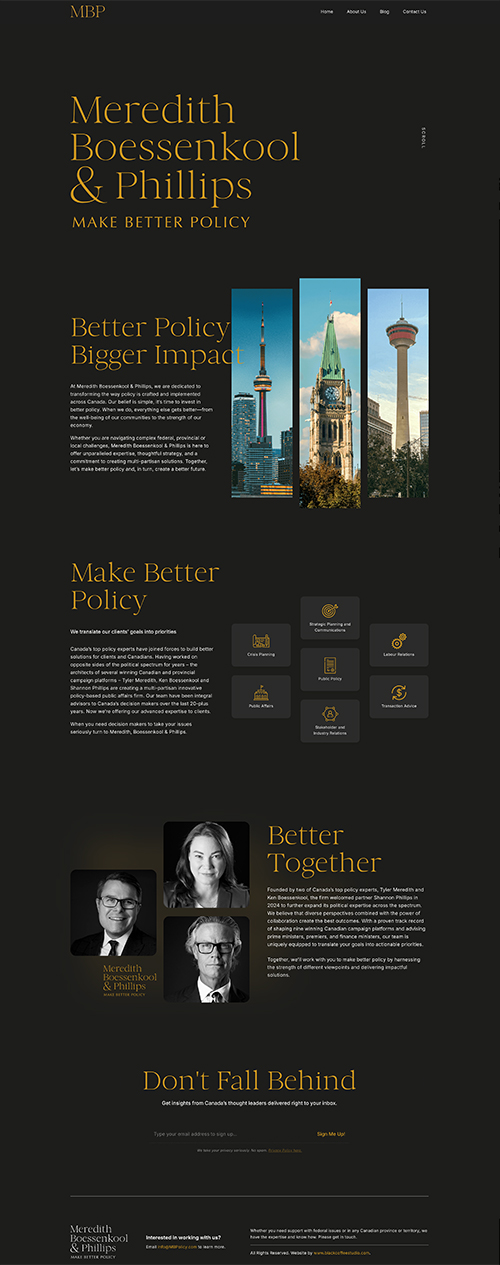Alberta premier is going into his leadership review with a solid narrative on his side, writes Ken Boessenkool
Ken Boessenkool · for CBC Opinion ·
This column is an opinion from Ken Boessenkool, a professor at the Max Bell School of Public Policy at McGill University and a research fellow at the C.D. Howe Institute. For more information about CBC’s Opinion section, please see the FAQ.
Sometimes it’s better to be lucky than good — though the sweet spot is a bit of both.
Political leaders spend an inordinate amount of effort pinning bad luck and bad policy outcomes on their opponents, while simultaneously pinning good luck and good policy outcomes on themselves.
And the recent Alberta budget has delivered all the good luck and good policy outcomes Premier Jason Kenney could hope for. It is a welcome reversal that couldn’t come at a more important time for him.
First, the luck.
Oil and gas prices have been rising. And as anyone with the remotest understanding of Alberta knows, this is good for the provincial budget.
And those rising oil prices driving Alberta’s resource revenues skyward happened before the recent horrific geopolitical events in eastern Europe that will send those prices — and those revenues — even higher.
How much higher?
A University of Calgary economist points out that the budget contains the highest level of oil and gas royalties ever. Overall, Alberta is experiencing a 45 percent increase in provincial revenues from 2020 to 2022.
That’s staggering.
Alberta government on track for balanced budget after turbulent year
Tombe: Why you should care about the Alberta budget, even if you don’t live there
Thomson: Alberta’s budget is bizarrely a win-win for both Kenney and Notley
And those projections are based on energy prices that are already out of date, and hence almost certainly conservative.
Alberta would have had a balanced budget at an average oil price of around $69 US per barrel. Current prices are just below $100 per barrel. And we haven’t even started talking about natural gas prices, which are also rising.
All told, Kenney is benefiting from a triple whammy of good luck.
First, energy prices are rising, driving up provincial revenues.
Second, as more oilsands projects are coming on line, more barrels are being produced at these higher prices, driving revenues even higher.
And third, thanks to changes made by the last government — under then premier Rachel Notley — when oil prices rise, Alberta gets a bigger chunk of each increase.
This good-news budget is more than just good luck, however.
Jason Kenney has fashioned himself as a current day Ralph Klein — the Alberta premier who last wrestled Alberta’s finances to the ground.
Famously (and popularly for conservatives) Klein balanced Alberta’s budget in the 1990s by cutting spending, not raising taxes or relying on economic growth.
Klein reduced real per capita spending a staggering 25 per cent. Those cuts brought Alberta’s program spending per person in line with the other big provinces — British Columbia, Ontario and Quebec.

Cuts have brought Alberta’s program spending per person in line with the other big provinces – British Columbia, Ontario and Quebec. (Trevor Tombe)
By 2000, Alberta spending was lower than the average in those three provinces. Then energy prices started to rise and Alberta quickly returned to its profligate ways.
By 2010, Alberta was spending 25 per cent more than B.C. and 40 per cent more than Ontario to deliver the same basket of services.
For the next 10 years, Alberta’s spending per person remained well above these other big provinces. That gap even grew for a time as those other provinces went through their own exercises in restraint.
That changed when Kenney became premier.
Over the past three years he has brought Alberta’s spending in line with these other provinces — cutting spending in Alberta by 15 per cent per person prior to the current budget.
And here is the critical point — had Alberta continued the spending path established under the previous government, Alberta would still be running a $4 billion deficit today, not a surplus.
In short, Kenney is well within his rights to make the argument that it was the actions of his government that balanced the books, not just rising oil and gas prices. And I expect Kenney to make this point a lot.
Kenney faces a leadership review by his own party in a couple months. And until this budget, he’s not had a lot to crow about to his conservative base.

Finance Minister Travis Toews delivers the 2022 budget in Edmonton on Thursday February 24, 2022. (Jason Franson/The Canadian Press)
His COVID-19 policy has been erratic — angering just about everyone on every side of the issue for the last two years. And his spending cuts have bit hard, with Alberta universities going on strike and doctor shortages throughout the province.
With this budget, Kenney is going into his leadership review with a solid narrative on his side — something that seemed far-fetched only months ago.
And while his opponents will almost certainly say that this is entirely due to good fortune — or indeed the misfortune of others, notably in the Ukraine — the simple reality is that Kenney can say, and he will be right to say, that his government’s hard work to control spending is what balanced the budget.
That may, or may not, be enough. But Kenney can now tell his base — those about to render judgment on his leadership — that he’s not just been lucky, he’s also been good.
